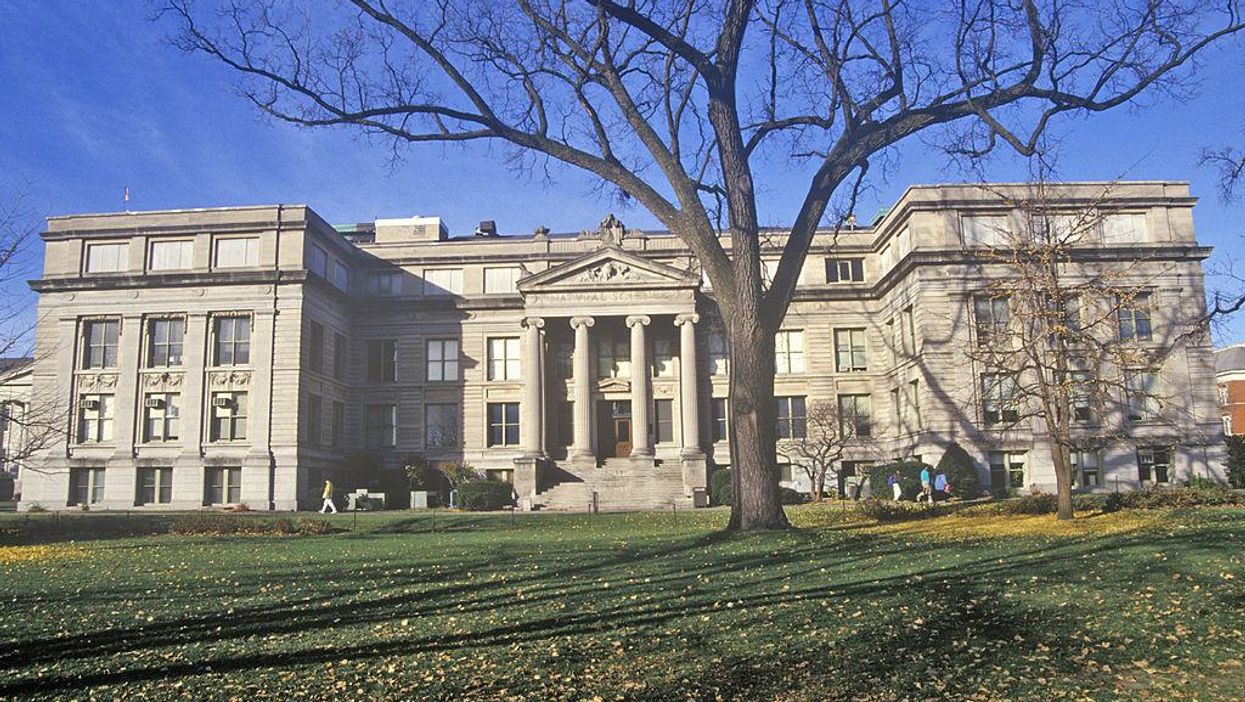
Joe Sohm/Visions of America/Universal Images Group via Getty Images

The 8th Circuit Court of Appeals on Friday ruled against the University of Iowa calling its decision to deregister a Christian student group as one of the most obvious examples of discrimination that it has ever seen.
In a ruling issued on Friday, the court unanimously sided with InterVarsity Christian Fellowship, a national faith-based group that organizes local chapters at colleges and universities around the country, putting on Bible studies and worship gatherings.
In 2018, the University of Iowa decided to deregister InterVarsity — along with other student religious groups on campus — over its commonsense practice of requiring leaders to agree with its statement of faith.
In targeting religious groups, the university cited its Human Rights Policy, which mandates that student groups not differentiate on the basis of race, sexual orientation, gender identity, and a range of other categories — religion included.
Besides the school's obvious trampling on students' freedom of religion, lawyers for the Christian group argued that the school also enforced its policy discriminatorily. The 8th Circuit Court agreed.
In the ruling, the court told school administrators it was "hard-pressed to find a clearer example of viewpoint discrimination" than the actions they took against the InterVarsity Christian Fellowship.
"What the University did here was clearly unconstitutional," the court stated. "It targeted religious groups for differential treatment under the Human Rights Policy — while carving out exemptions and ignoring other violative groups with missions [the University] presumably supported. The University and individual defendants turned a blind eye to decades of First Amendment jurisprudence or they proceeded full speed ahead knowing they were violating the law."
The court also warned that school officials who "make calculated choices about enacting or enforcing [such] unconstitutional policies" are not entitled to qualified immunity but rather should be held personally responsible for their actions.
Lawyers representing InterVarsity touted the ruling as a victory for students' First Amendment rights.
"Schools are supposed to be a place of free inquiry and open thought, but the school officials here punished opinions they didn't like and promoted ones they did—all while using taxpayer dollars to do it," said Daniel Blomberg, senior counsel at Becket, in a statement. "The good news is that they've been held accountable, and school officials nationwide are on notice. We are optimistic that in the future, colleges will pursue policies of accommodation, not discrimination, when it comes to religious exercise on campus."
Friday's victory followed two earlier victories for Becket and religious student group clients fighting discrimination at Iowa universities. Those cases included InterVarsity v. Wayne State and BLinC v. University of Iowa.